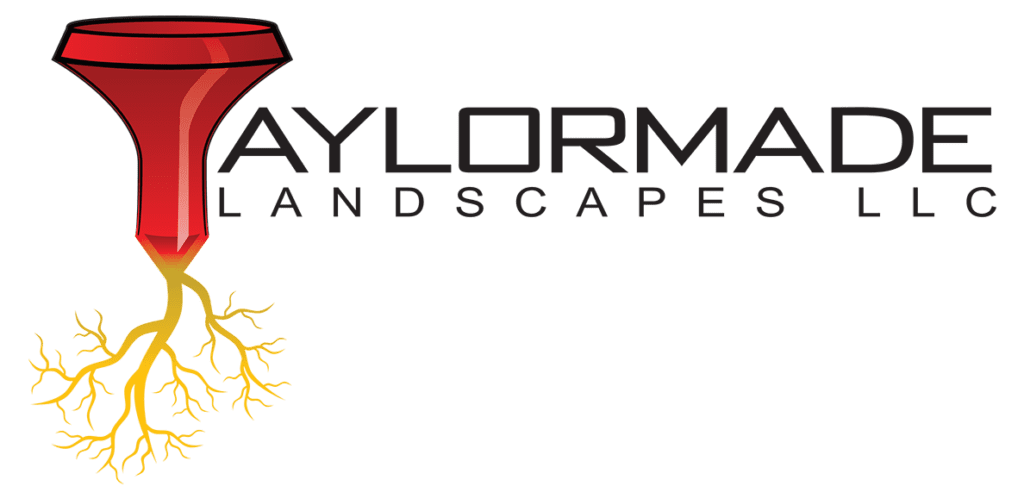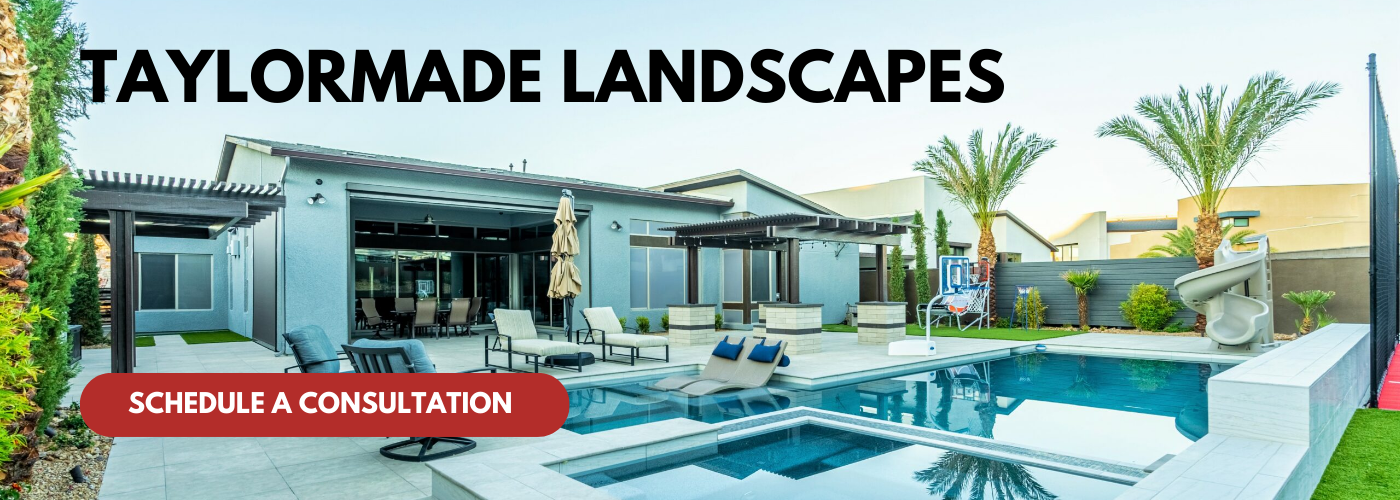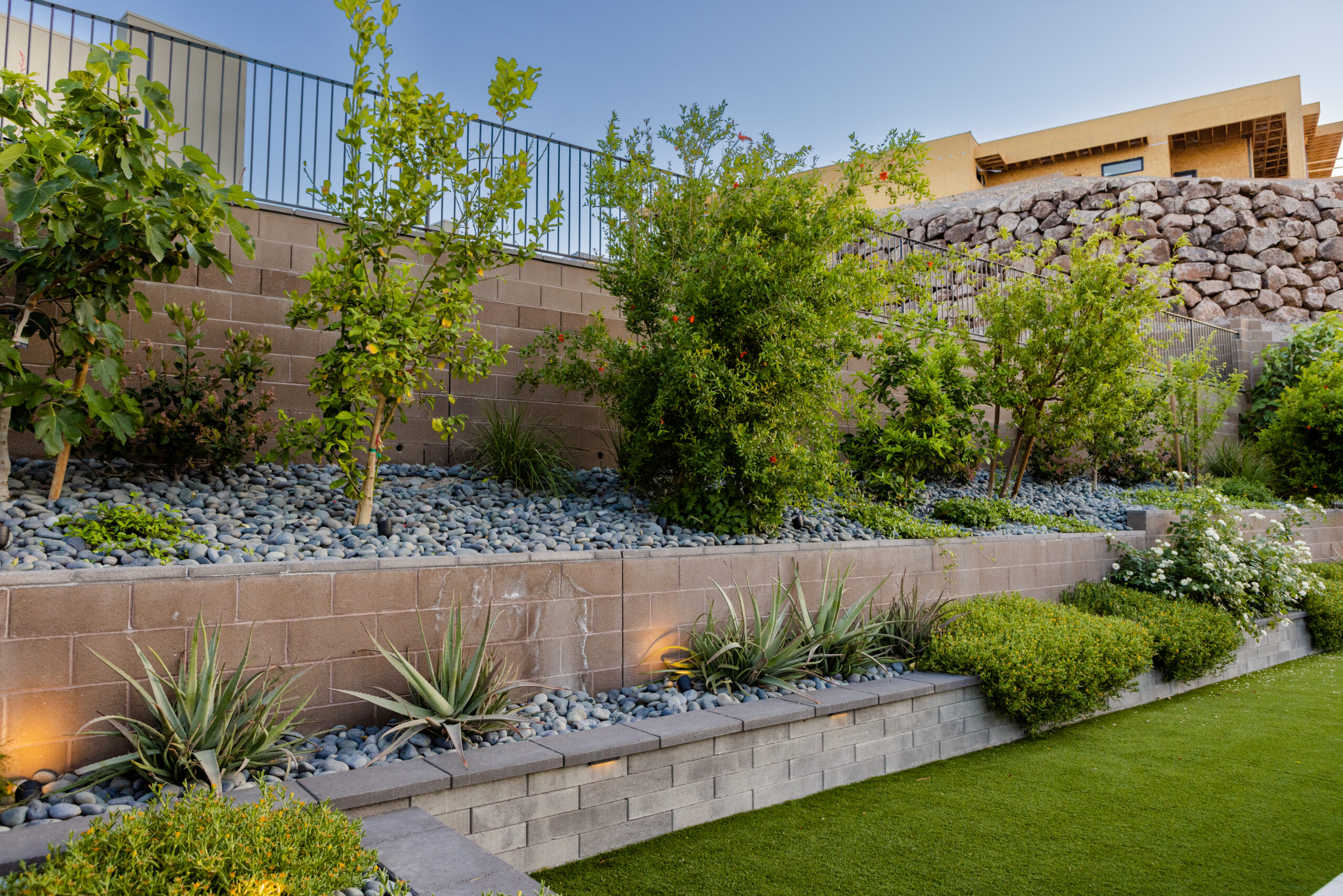As the outdoor living industry continues to evolve, the demand for skilled hardscape designers is on the rise. These professionals play a critical role in transforming outdoor spaces into aesthetically pleasing and functional areas, seamlessly blending artistry with practicality. In an age where homeowners seek to enhance their properties through innovative landscaping solutions, ensuring that you collaborate with a qualified hardscape designer is more important than ever. However, in 2025, navigating the array of certifications available can be daunting for property owners who want to make informed choices.
The right certifications can serve as a hallmark of expertise, showcasing a designer’s commitment to quality work and ongoing professional development. Institutions around the country – from national associations to local trade organizations – offer various qualifications, each emphasizing different aspects of design, installation, and knowledge of materials. Understanding which certifications to look for can not only provide peace of mind but can also ensure that your investment in landscaping pays off in both beauty and durability.
In this article, we will delve into the essential landscaping certifications to consider when hiring a hardscape designer in 2025. We will explore the significance of certifications such as the Interlocking Concrete Pavement Institute (ICPI) certification, the National Association of Landscape Professionals (NALP) credentials, and additional specialized training that underscores a designer’s proficiency in hardscape installation and design trends. Whether you are contemplating a complete backyard overhaul or a smaller project, knowing the qualifications that truly matter will empower you to select the right professional for your vision. Join us as we outline how these certifications can impact your landscaping project and the vital factors to consider when choosing the perfect hardscape designer.
Industry-Recognized Certifications
When seeking a hardscape designer in 2025, industry-recognized certifications are critical indicators of a professional’s expertise and commitment to quality. These certifications demonstrate that the designer has met specific standards of knowledge and skill, which can vary by organization. Look for certifications from respected industry bodies, such as the Interlocking Concrete Pavement Institute (ICPI), the National Association of Landscape Professionals (NALP), and the Hardscape North America (HNA), as these offer rigorous training and education in hardscaping techniques and best practices.
Having a certified hardscape designer ensures that the individual is not only proficient in the technical aspects of hardscaping—such as stone laying, drainage, and structural integrity—but also stays updated on the latest trends and technologies. This is particularly important as landscaping practices continue to evolve, integrating sustainable and eco-friendly approaches. With established certifications, designers are often required to complete continuing education credits, which keeps them informed about new materials, emerging design concepts, and innovations within the industry.
Additionally, certification often entails a deep understanding of local climate, soil conditions, and applicable building codes. This knowledge is crucial for making informed decisions that enhance both the aesthetic and functional aspects of a landscape. Whether you’re looking to create a serene backyard retreat or a dynamic outdoor entertainment space, hiring a certified professional ensures that you are investing in quality workmanship and compliance with local regulations. In 2025 and beyond, as environmental considerations and building standards evolve, seeking out hardscape designers with recognized certifications will be fundamental to achieving a successful and sustainable outdoor project.
Sustainable Landscaping Practices
In 2025, choosing a hardscape designer with a strong focus on sustainable landscaping practices is essential to creating outdoor spaces that are not only aesthetically pleasing but also environmentally responsible. Sustainable landscaping encompasses a broad range of techniques and philosophies aimed at reducing environmental impact and promoting ecological health. This includes selecting materials that are renewable or recycled, minimizing water usage, and designing with local ecosystems in mind. A designer well-versed in sustainable practices can significantly enhance the longevity and efficiency of hardscape projects, ensuring they contribute positively to their surroundings.
When assessing a hardscape designer, one should look for certifications that indicate expertise in sustainable landscaping. For example, certifications from recognized organizations such as the Sustainable Sites Initiative (SITES) or the Landscape Industry Certified designation, which often includes components focused on environmentally friendly practices, are beneficial. These credentials demonstrate that the designer has a solid understanding of sustainable materials, water conservation techniques, and ecosystem preservation strategies.
Furthermore, a hardscape designer should be knowledgeable about native planting and soil health as part of a holistic approach to landscaping. This means understanding how hardscaping elements like patios, walkways, and retaining walls integrate with natural landscapes and local wildlife. A designer who is trained in these areas can create spaces that not only look good but also support biodiversity and promote sustainable living practices.
Ultimately, focusing on sustainable landscaping practices not only ensures that your outdoor space is beautiful and functional but also aligns with a growing societal emphasis on environmental stewardship. As climate challenges continue to impact our ecosystems, partnering with a hardscape designer with these certifications can make a meaningful difference in your project’s impact on the environment.
Safety and Compliance Standards
When hiring a hardscape designer, it’s crucial to understand the importance of safety and compliance standards in landscaping projects. Safety standards encompass a wide range of regulations and best practices that are designed to protect workers, clients, and the environment. These standards often include guidelines related to site assessments, worker training, equipment use, and material handling. For a hardscape designer, compliance not only means adhering to local building codes and zoning laws but also ensuring that all construction methods meet industry safety protocols, which can prevent accidents and liability issues.
In 2025, as environmental concerns and community safety become increasingly prominent, landscaping professionals must stay current with evolving safety regulations, especially those related to the use of heavy machinery and installation practices for hardscapes like patios, walkways, and retaining walls. Designers should have knowledge of proper drainage systems to prevent flooding or erosion, as well as an understanding of how to manage risks associated with working in various weather conditions. Additionally, they should have training in first aid and emergency preparedness to address potential onsite incidents, thus ensuring that projects can be completed safely and efficiently.
Moreover, certifications that validate a hardscape designer’s commitment to safety can provide peace of mind for homeowners and businesses alike. Look for designations from recognized organizations, such as the Occupational Safety and Health Administration (OSHA) certification, which signifies that the designer is trained in workplace safety regulations. Other relevant certifications may include those related to environmental safety and construction site management, illustrating a comprehensive understanding of how to cultivate a safe working environment. By prioritizing safety and compliance standards, clients can not only achieve aesthetically pleasing outdoor spaces but also foster a secure and sustainable landscaping project.
Material and Technique Specializations
When considering a hardscape designer in 2025, one of the key elements to evaluate is their specializations in materials and techniques. This aspect is crucial because the right materials and methods can significantly influence the aesthetics, durability, and functionality of the hardscape elements in your landscape design. Hardscape encompasses various structures such as patios, walkways, retaining walls, and other non-plant elements, making material selection a critical decision that affects both the visual appeal and longevity of the installation.
Different certifications can indicate a designer’s expertise in specific materials, like natural stone, concrete, or permeable paving systems. For instance, a designer certified in natural stone may have extensive knowledge about the sourcing, handling, and installation of various types of stone, which can offer unique aesthetic outcomes and sustainable options. Similarly, certifications in environmentally friendly techniques, such as permeable paving, can ensure that your designer is capable of creating surfaces that manage stormwater effectively while also reducing runoff and contributing to a healthier environment. This is increasingly important in contemporary landscaping practices where ecological considerations are paramount.
Moreover, understanding the techniques employed by a designer can shed light on their level of skill and experience. For example, a designer with a certification in advanced masonry techniques may provide installations that not only comply with standard practices but also exhibit artistic craftsmanship and innovation. In evaluating a designer’s specializations, it’s also imperative to inquire about their familiarity with current trends and technologies such as digital design tools or augmented reality in landscaping, as these can enhance project planning and execution.
In conclusion, focusing on a hardscape designer’s material and technique specializations will provide insight into their capability to meet your specific landscape needs. As consumer preferences shift toward sustainable and aesthetically pleasing outdoor spaces, ensuring that your designer is well-versed in modern materials and techniques will elevate the quality and functionality of your project. By prioritizing these aspects, you can make a more informed choice about which hardscape designer to engage, ensuring that your investment leads to satisfying and enduring results.
Continuing Education and Professional Development
In the ever-evolving field of landscaping, particularly in hardscape design, continuing education and professional development are crucial for staying relevant and proficient. As new materials, technologies, and design trends frequently emerge, hardscape designers must commit to lifelong learning to enhance their skills and adapt to industry demands. This can involve attending workshops, seminars, and conferences that focus on the latest advancements in hardscaping techniques, sustainable practices, and design software. Furthermore, participating in online courses or certification programs can significantly bolster a designer’s qualifications and marketability.
In 2025, it is essential to consider the types of educational programs a designer engages with to ensure they are not only keeping up with current trends but also embracing innovative practices that promote sustainability and efficiency. Designers who invest in comprehensive professional development often exhibit a wide range of skills, from advanced design capabilities to the effective integration of technology in their projects. These credentials can provide confidence to clients, who are increasingly concerned with the quality, aesthetics, and environmental impact of their landscaping choices.
As consumers become more informed and choosy about the professionals they hire, the role of continuing education becomes paramount. A designer who actively pursues learning opportunities is likely to stay ahead of potential competitors. Additionally, they can offer clients peace of mind by demonstrating a commitment to best practices and superior workmanship. Ultimately, selecting a hardscape designer in 2025 who values continuing education and professional development will make a significant difference in the quality of service and outcomes achieved in landscaping projects.




